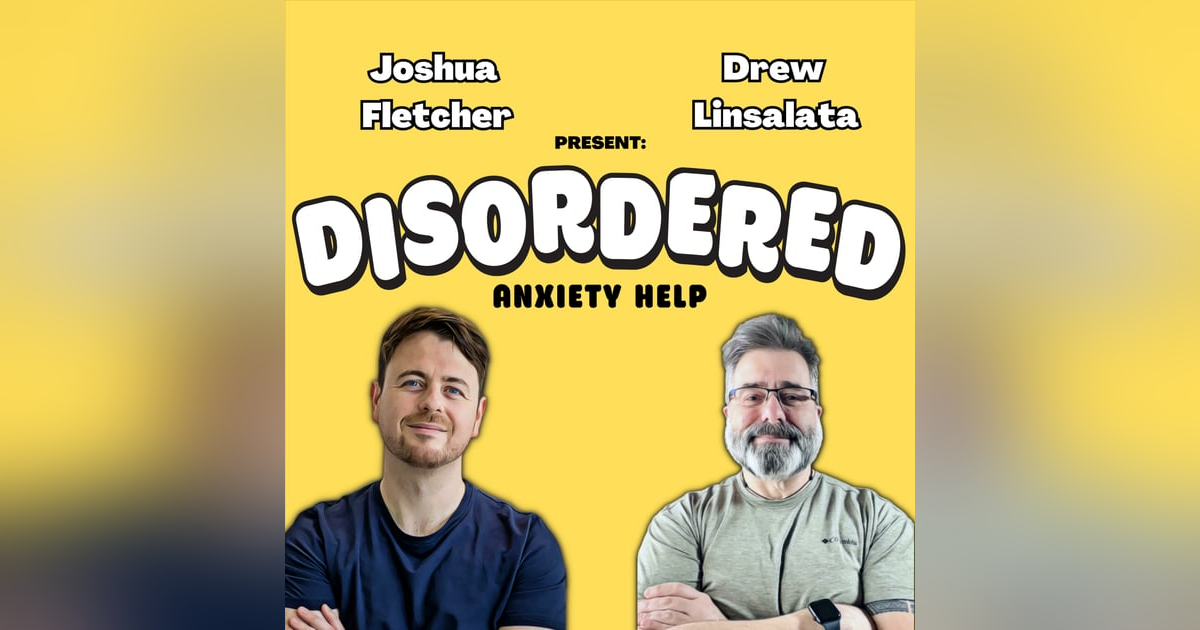Anxiety Recovery and Food/Eating (Episode 67)

We're back in business this week with both Josh and Drew in studio again chatting about the role of food and eating in the anxiety recovery process. Everyone eats, and for people struggling with anxiety disorders, food and the process of eating can become deeply connected to recovery and/or attempting to manage anxiety, symptoms, thoughts, or emotions.
As usual the guys share from their own experiences while covering some of the key points to consider when identifying how food and eating can be part of your recovery plans. A few important points:
- Eating to be healthy is never a bad idea. But eating as a way to try to manage anxiety symptoms, prevent panic, or to micromanage physical processes that were never designed to be micromanaged can backfire on us.
- Eating can become a safety or avoidance behavior when we tie our diets and eating habits to our anxious fears.
- Be mindful of less than well-informed advice found on the Internet and in other places that promises to cure your anxiety with special diets - especially extreme or highly restrictive diets.
- Don't make the mistake of eating like your body is fragile and can only exist inside a narrow dietary range. In the absence of medical/physical issues that demand dietary limitations, a varied diet has physical benefits while also teaching vital lessons about psychological flexibility that matters so much in the recovery process.
- Contrary to popular belief, it is possible (though we would not suggest this if you can help it) so fully recover from an anxiety disorder - being afraid of being afraid - being anxious about being anxious - while consuming only junk food. Treating your body well is a better idea of course and certainly supportive, but it is not generally helpful to place food and diet on a pedestal as a cornerstone of recovery.
- Food can change how your body feels. This is 100% true. But remember that being afraid of your body is an entirely different situation. This matters in the recovery process.
This episode was sparked by a question from a listener. Thanks, Nick! Want to participate in a future episode of Disordered by sending in a did it anyway or asking a question? Visit disordered.fm and let's hear what's on your mind!
---
Struggling with worry and rumination that you feel you can't stop or control? Check out Worry and Rumination Explained, a two hour pre-recorded workshop produced by Josh and Drew. The workshop takes a deep dive into the mechanics of worrying and ruminating, offering some helpful ways to approach the seemingly unsolvable problem of trying to solve seemingly unsolveable problems.
https://bit.ly/worryrumination
-----
Want to ask us questions, share your wins, or get more information about Josh, Drew, and the Disordered podcast?
Visit us on the web at https://disordered.fm
---
Disordered Roundtable is coming! Think of it as "Disordered Live", a way for members of our audience to spend time with us in an intimate virtual setting (attendance is limited) to engage in real time sharing and discussion on specific anxiety disorder and recovery topics. To be notified when new Disordered Roundtable sessions are scheduled, sign up for our email list using the form on this page.













